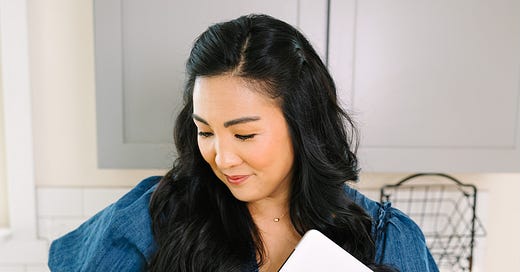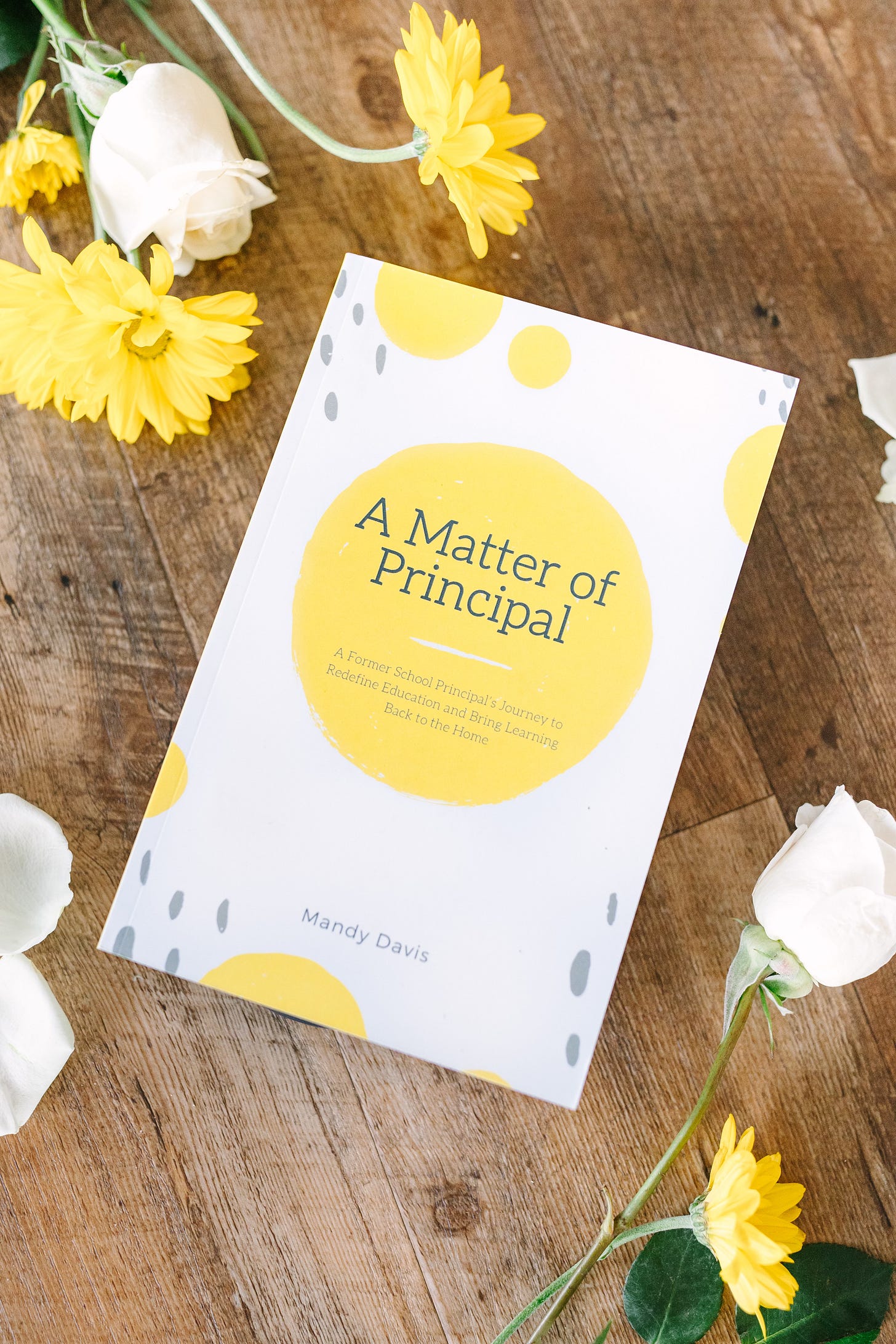Beyond the Brochure: The Truth About Private Education
A former school principal’s inside look at what you’re really buying—and what you might be giving up...
As families across the United States quietly exit the public school system, many are heading straight for private schools. It seems like a logical choice—smaller class sizes, curated learning environments, stronger college networks, and fewer of the challenges that plague public education. But what if the solution parents are flocking to is just another version of the same problem—packaged with a prettier bow and a higher price tag?
After years in education leadership, including time as a private school principal, I’ve seen firsthand what’s behind the glossy marketing. Private education isn't just a refuge from public school dysfunction—it's a high-cost, high-pressure ecosystem with its own set of hidden trade-offs. And too often, families are entering it blindly.
This isn’t a critique for the sake of it. It’s a call to take a closer look—because your child’s education is too important to be chosen by default, prestige, or panic.
Private Schools Are Businesses First
Let’s start with the structure. Private schools are, above all, businesses. They depend on tuition revenue to survive—and in many cases, to grow. That financial pressure directly influences everything from staffing to curriculum to school culture.
In theory, independence from state mandates should offer flexibility and innovation. In practice, here’s what I saw behind closed doors:
Tuition has increased by over 40% in the past decade, while teacher salaries have only gone up about 15%
Some schools allocate over 10% of their annual budget to marketing
Hiring practices are often reactive—prioritizing availability over quality due to the lack of certification requirements
Big money goes into facilities that attract prospective families, while classrooms rely on outdated materials
In many private schools, you're not paying for better education—you're paying for optics. State-of-the-art science labs, turf fields, and glossy brochures don’t always translate into stronger academics or even a safer/more thoughtful environment for the children.
Curriculum is Trend-Driven, Not Student-Centered
Because private schools operate in a competitive market, they often chase trends to attract families—especially when it comes to curriculum.
That might mean a sudden pivot to heavy STEM programming because it's "in," while quietly gutting the humanities. Or a focus on rigid academic tracks that leave little room for student exploration.
This market-driven model means your child’s education could be shaped not by what's developmentally sound or intellectually enriching, but by what’s most appealing to next year’s admissions tour.
Meanwhile, the pressure to perform remains sky-high. I've watched schools push students toward specific colleges not because it fits the student, but because it benefits the school's brand. The result? Kids who are overworked, overstressed, and disconnected from their own learning.
The Promise of Prestige—at What Cost?
Private school marketing leans heavily on the idea of guaranteed opportunity. The message is clear: follow our blueprint, and you’ll get into a top-tier college and launch a successful career.
But here’s the reality:
A study in the Journal of School Psychology linked private school environments with increased anxiety and stress among students due to intense academic and social pressures
The National Alliance on Mental Illness reports 1 in 5 teens experience a severe mental health condition—many of them tied to high-pressure educational environments
Success is often narrowly defined, leaving little room for creativity, exploration, or alternative paths
Students who don't fit the mold—who need more time, more space, or a different route—are often left to feel like failures in systems that pride themselves on excellence. I've seen this up close. The pressure is real, and the collateral damage can be devastating.
Homeschooling and Public Schools Offer Something Private Schools Often Can’t: Flexibility
Contrary to what many assume, homeschooling environments and public school alike often offer more flexibility, more course diversity, and more personalized options than private institutions.
Public schools—because of their size and reach—can provide a broader range of electives, vocational training, and extracurricular activities. Homeschooling, meanwhile, offers families the freedom to align education with a child’s actual needs, interests, and pace.
More importantly, both environments can remove the rigid expectations and performance-driven culture that often define private schools. They allow students to develop a stronger sense of identity, autonomy, and purpose.
And here’s the kicker: colleges are noticing.
More and more, admissions officers are seeking applicants with distinct life experiences, real-world skills, and evidence of independent thought—not just a polished transcript from a prep school that churn out ONE kind of student.
What Are We Really Investing In?
This isn’t a blanket condemnation of private schools. Some are doing remarkable work. Some are deeply student-centered, mission-driven, and innovative.
But many are not.
And if you're paying thousands of dollars a year—sometimes more than a college tuition—you deserve to know what you're actually buying. Is it educational excellence? Is it access? Or is it the illusion of safety and prestige?
Private education needs a reckoning. Because in many cases, what’s being sold to parents is far shinier than what’s happening inside the classroom.
Final Thoughts: The Real Question Parents Should Ask
Before you write that check, ask yourself this:
Does this school help my child thrive—or does it expect them to perform?
Does it nurture curiosity—or train for conformity?
Is this education about prestige—or about purpose?
As someone who once upheld the system, I don’t write this lightly. I’ve walked the polished halls. I’ve sat at the administrative table. And I’ve watched too many families chase a dream that wasn’t actually theirs.
Education should be about becoming, not just achieving.
Let’s make sure we’re choosing learning environments that help our children become who they truly are—not who the brochure says they should be.
Xoxo,
Mandy





As a homeschooling mother who has spent 12 years teaching in both private and state, I think you’ve hit the nail right on the head.
Subscribed.
I completely agree with this!! All the unschooling people are so against public school, but as a former private school kid who spent one year in public school, i agree with exactly what youve shared here. My year in public school felt like the healthiest year of my education by far.